This article was co-authored by wikiHow staff writer, Madeleine Flamiano. Madeleine Flamiano is an Editing Fellow at wikiHow based in Berkeley, California, as well as a Team Organizer, Copy Editor, and Movie Critic for Incluvie. Madeleine has 12 years of experience in literacy advocacy and the creative arts that span tutoring, teaching, writing, public relations, and non-profit support. She has penned seven novels under a pseudonym and loves all escapist genres, from cozy fantasies to hard-boiled sci-fi. Her professional path started at NaNoWriMo, where she scripted and hosted a series on worldbuilding. Madeleine graduated from Mills College with a B.A. in English with a concentration in Literature and a Minor in Philosophy.
There are 24 references cited in this article, which can be found at the bottom of the page.
Learn more...
Want to look and feel great for years to come? Well, by future proofing your body, you can do just that. Essentially, "future proofing" is investing in your health now so that it's in tip-top shape even when you get older. Doctors and scientists have done a lot of research to crack the code for longevity, and we're here to share their findings with you. Follow all the steps in this expert-backed list to protect your physical, mental, and emotional health so you'll be the best version of yourself no matter what your age is.
Things You Should Know
- Eat a balanced diet to manage your weight, stabilize your blood pressure, keep your blood sugar down, and support your digestive health.
- Exercise regularly and take "movement breaks" at work to avoid high blood pressure, sore joints, stiff muscles, anxiety, and depression.
- Practice stress reduction by practicing mindfulness, going out in nature, trying out yoga, and investing in your relationships.
- Have regular check-ups with your doctor in order to catch health issues early and treat them right away, which will improve your quality of life.
Steps
References
- ↑ https://www.hcf.com.au/health-agenda/food-diet/nutrition/what-are-wholefoods
- ↑ https://www.hsph.harvard.edu/nutritionsource/what-should-you-eat/fats-and-cholesterol/types-of-fat/omega-3-fats/
- ↑ https://www.myplate.gov/eat-healthy/grains
- ↑ https://www.hopkinsmedicine.org/health/wellness-and-prevention/is-there-really-any-benefit-to-multivitamins
- ↑ https://www.hhs.texas.gov/sites/default/files/documents/services/health/texercise/importance-of-hydration.pdf
- ↑ https://newsinhealth.nih.gov/2021/04/good-sleep-good-health
- ↑ https://www.mayoclinic.org/healthy-lifestyle/fitness/in-depth/exercise/art-20048389
- ↑ https://www.nia.nih.gov/health/maintaining-healthy-weight
- ↑ https://www.cdc.gov/workplacehealthpromotion/initiatives/resource-center/pdf/Workplace-Physical-Activity-Break-Guide-508.pdf
- ↑ https://corporatetraining.usf.edu/blog/movement-mindfulness-and-motivation-how-to-increase-employee-productivity
- ↑ https://corporatetraining.usf.edu/blog/movement-mindfulness-and-motivation-how-to-increase-employee-productivity
- ↑ https://www.fs.usda.gov/features/wellness-benefits-great-outdoors
- ↑ https://www.hopkinsmedicine.org/health/wellness-and-prevention/9-benefits-of-yoga
- ↑ https://www.apa.org/monitor/2012/07-08/ce-corner
- ↑ https://www.betterhealth.vic.gov.au/health/healthyliving/Strong-relationships-strong-health
- ↑ https://worldcouncilforhealth.org/resources/digital-detox/
- ↑ https://newsinhealth.nih.gov/2012/01/breaking-bad-habits
- ↑ https://www.wmhs.com/your-body-quit-smoking
- ↑ https://www.nm.org/healthbeat/healthy-tips/do-you-really-need-a-skin-care-routine
- ↑ https://www.nia.nih.gov/health/taking-care-your-teeth-and-mouth
- ↑ https://www.dentalhealth.org/fluoride
- ↑ https://www.dentalhealth.org/news/electric-toothbrushes-win-the-head-to-head-against-manual-in-record-breaking-new-study
- ↑ https://www.ada.org/resources/research/science-and-research-institute/oral-health-topics/mouthrinse-mouthwash
- ↑ https://health.clevelandclinic.org/gut-microbiome/
- ↑ https://www.nia.nih.gov/health/what-do-we-know-about-healthy-aging

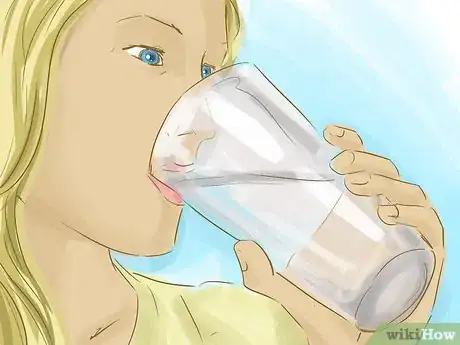


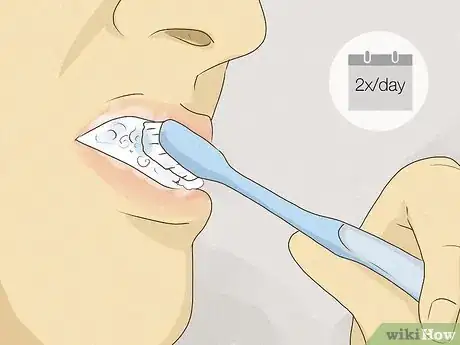

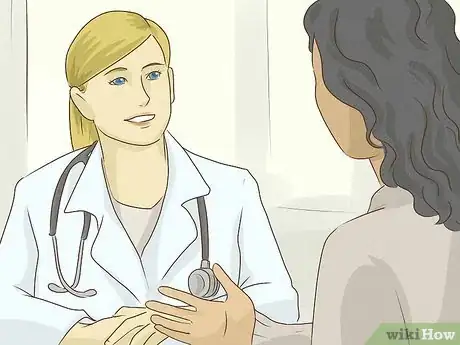





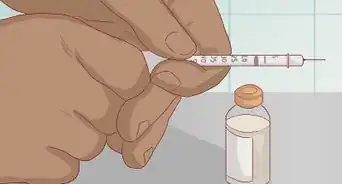





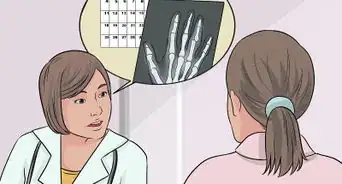

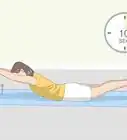









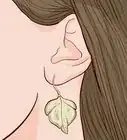





























Medical Disclaimer
The content of this article is not intended to be a substitute for professional medical advice, examination, diagnosis, or treatment. You should always contact your doctor or other qualified healthcare professional before starting, changing, or stopping any kind of health treatment.
Read More...